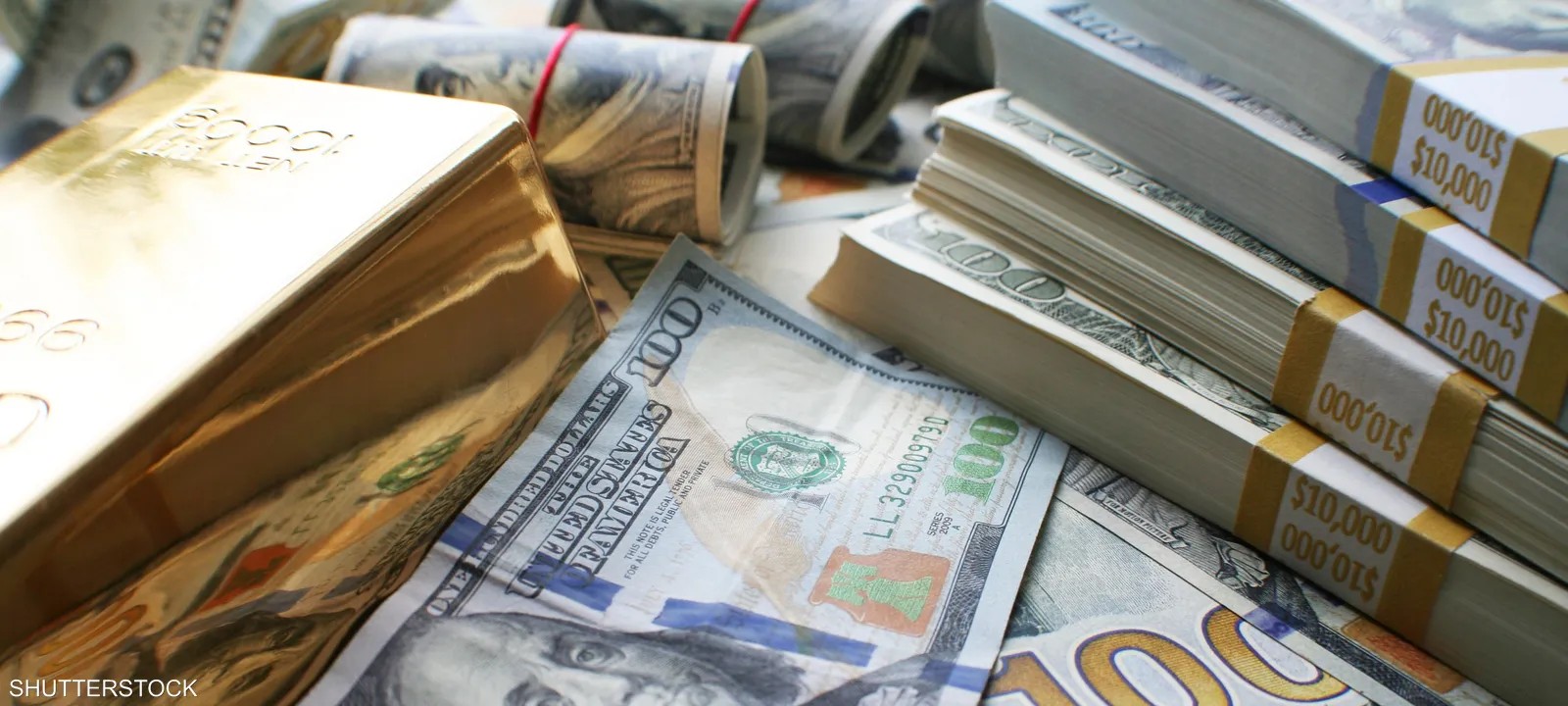The U.S. dollar rose to a near four-month high against its major peers on Tuesday, while bitcoin extended its record rally as investors continued to lock in positions seen as benefiting from the incoming Donald Trump administration.
The euro fell to a near seven-month low yesterday and the yuan fell to its lowest in more than three months, with Europe and China prime targets for potential tariffs imposed by U.S. President-elect Donald Trump, Reuters reported.
The dollar index, which measures the greenback against six currencies including the euro, was up 0.16 percent at 105.59 by 0507 GMT, heading towards Monday's high of 105.70, its strongest since July 3.
Leading cryptocurrency Bitcoin hit an all-time high of $89,637 earlier today. Trump has vowed to make the United States the crypto capital of the planet.
If history is any guide, Bitcoin could easily end the year at around $100,000, said Kyle Rodda, chief financial market analyst at Capital.com.
Meanwhile, Rodda said expectations of superior US economic performance and aggressive trade practices by the Trump administration continue to push the US dollar higher.
Market odds of a quarter-point rate cut by the Federal Reserve on Dec. 18 have fallen to about 69% from about 80% a week ago, due to potentially inflationary tariffs and immigration policies, according to CME Group’s FedWatch tool.
Trump has warned that the euro zone will pay a heavy price for not buying enough American exports, with cars a particular target for the incoming US president. He has also threatened China with a 60% tariff across the board.
The offshore yuan fell to 7.2505 against the dollar, its lowest since Aug. 1, before last trading at 7.2469.
The Australian dollar, which tends to be affected by the economic outlook for China, Australia's largest trading partner, fell 0.33% to $0.65525.
The euro fell to $1.0629 overnight for the first time since April 22, and was last trading at $1.0642.
The single currency is under additional pressure from political uncertainty in Germany, the European Union's largest economy.
Sterling fell 0.23% to $1.2841 ahead of employment data that could offer clues on the pace of interest rate cuts by the Bank of England.
The yen rose about 0.1 percent to 153.48 yen per dollar, a small fraction of its 0.7 percent decline overnight. The Japanese currency fell to a three-month low of 154.715 yen per dollar last week.






































